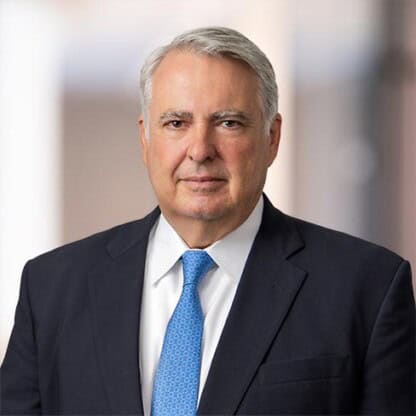Business Insider Discussed Findings of Foley’s Connected Cars & Autonomous Vehicles Survey
October 27, 2017
Business Insider
Business Insider reported on the findings of Foley’s 2017 Connected Cars & Autonomous Vehicles Survey, which shed light on the biggest legal concerns about connected and self-driving cars among automotive and technology professionals.
The survey, which had 83 auto and tech executive-level respondents, found that the industries’ highest concern about connected and self-driving cars is cyberattacks and the second-highest concern is intellectual property protection.
Read the full Business Insider story on the survey results here: “Self-Driving Cars Hitting the Road Have Auto and Tech Execs Worried about Cyber Attacks.”
The survey, which had 83 auto and tech executive-level respondents, found that the industries’ highest concern about connected and self-driving cars is cyberattacks and the second-highest concern is intellectual property protection.
Read the full Business Insider story on the survey results here: “Self-Driving Cars Hitting the Road Have Auto and Tech Execs Worried about Cyber Attacks.”
People
Related News
August 18, 2025
In the News
David Simon Coauthors Piece on Empowering Lawyers as Strategic Business Partners
Foley & Lardner LLP partner David Simon coauthored The Agenda article, "Turn Your Corporate Lawyer into a Strategic Weapon," published by Financial Times.
August 15, 2025
In the News
Gregory Husisian on Voluntary Disclosures to Customs – 'Importing has never been riskier'
Foley & Lardner LLP partner Gregory Husisian authored the SupplyChainBrain article, "Best Practices for Making Voluntary Disclosures to Customs," sharing insight on this vital strategy for companies looking to mitigate risk from U.S. Customs and Border Protection.
August 15, 2025
In the News
Gregory Husisian Uncovers Current State of Trade and Tariffs in Podcast Appearance
Foley & Lardner LLP partner Gregory Husisian joined the Logistics Management podcast to unravel the current state of international trade as the Trump administration's tariffs and enforcement priorities continue to evolve.


